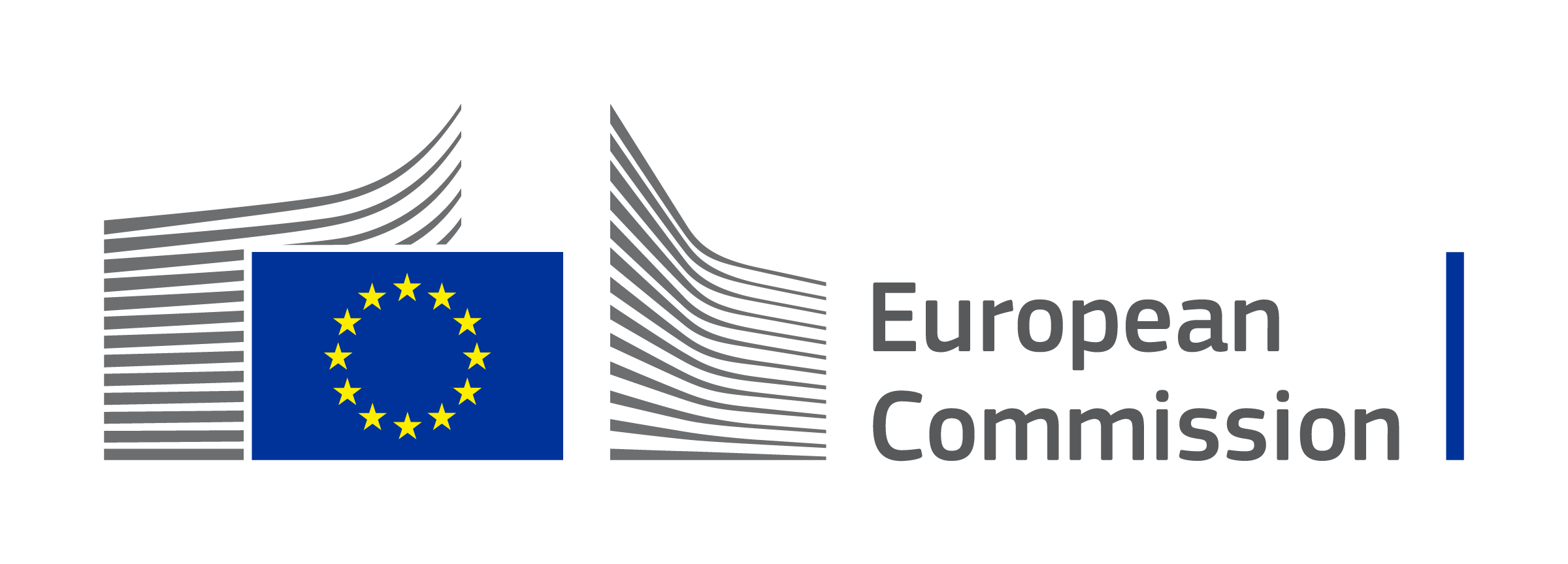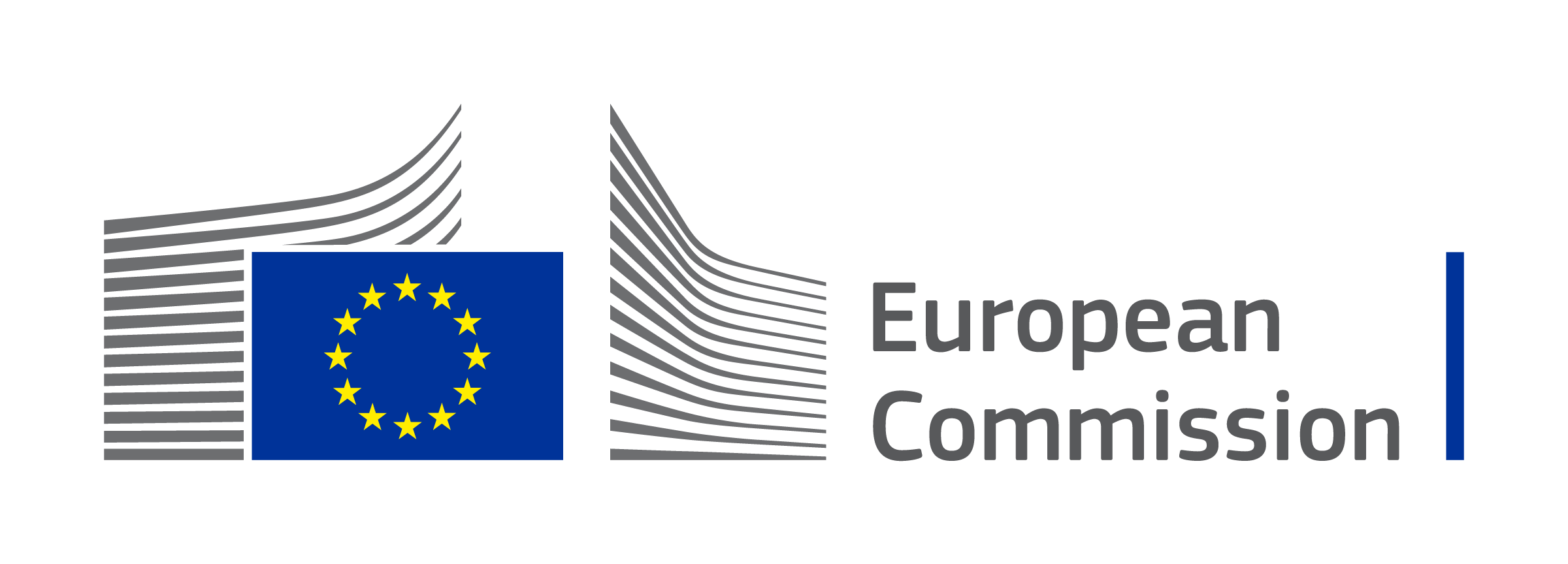Policy
08 September 2025
The single market at 30
Policy
08 September 2025
Retail
Login / create an account to be able to react
-
24

Marking its 30th anniversary, the single market remains the engine of the EU’s society and economy and the key driver of EU competitiveness, enabling the free movement of goods, services, people, and capital while evolving to meet current and future challenges.
Editorial team
Topics
EU-27
EU Institutions
-
Ecosystem
-
-
Retail
-
Share
This Communication celebrates the 30th anniversary of the EU single market, highlighting its pivotal role in fostering economic integration, boosting competitiveness, and delivering tangible benefits to citizens and businesses. The single market is much more than a legal framework: it is an area of freedom, progress, opportunity, growth, shared prosperity, resilience, and a crucial means of geopolitical projection. With 440 million citizens, 23 million businesses, and 15 % of global GDP, it is the world’s largest integrated market while remaining one of the most outward-oriented.
Since its establishment in 1993, the single market has evolved to accommodate a rapidly changing geopolitical, economic, and technological landscape while remaining a powerful driver of prosperity and resilience in the EU. It has helped improve the lives of citizens, supported businesses, and increased European GDP by 9 % while serving as the vehicle for Europe’s green and digital transitions.
The document underscores the importance of preserving the integrity of the single market in light of recent crises, such as the COVID-19 pandemic and Russia’s invasion of Ukraine. These events have reinforced the need for strategic coordination, supply chain resilience, and crisis preparedness. As President von der Leyen stressed, 'We can be proud of the single market, and we must do our utmost to preserve and reinforce its strength. We must also make sure that regulatory and administrative frameworks are responsive to business needs'.
The Communication also reviews the progress made and challenges encountered in key areas such as services, digitalisation, energy, and the green and digital transitions. It recognises retail, along with construction, tourism, business services, and the renewable energy sector, as one of the areas with the greatest economic integration potential in the single market.
Looking ahead, the Commission identifies priority actions to ensure the continued effectiveness and deepening of the single market, first and foremost by enforcing existing rules, removing Member State-level barriers, and reducing fragmentation. It also calls for supporting innovation and fostering thriving businesses able to compete globally, with attractive jobs and by setting international standards.
A collective effort, based on joint ownership at both EU and national level, will be needed to make the single market fit for the future. By better enforcement, simplifying regulatory frameworks, and supporting the green and digital transitions, the single market will remain anchored at the core of Europe’s economic sovereignty, industrial competitiveness, and long-term sustainable growth.
Comments (0)
See also
Skills4Retail: Transforming Europe’s Retail through education
- Categories
2026 Commission work programme
- Categories
Commission seeks views on strengthening EU product safety and market rules
- Categories




